Back to Courses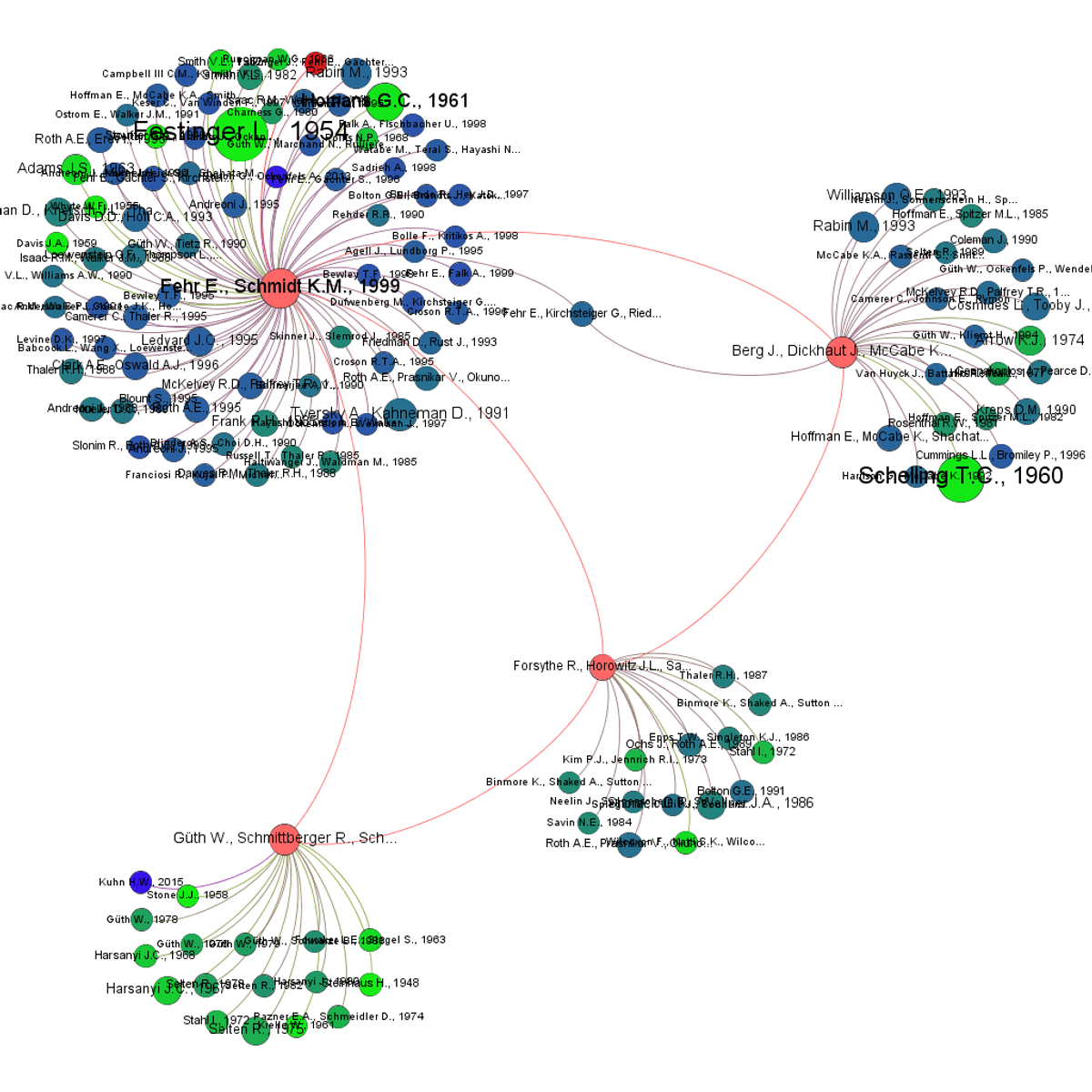


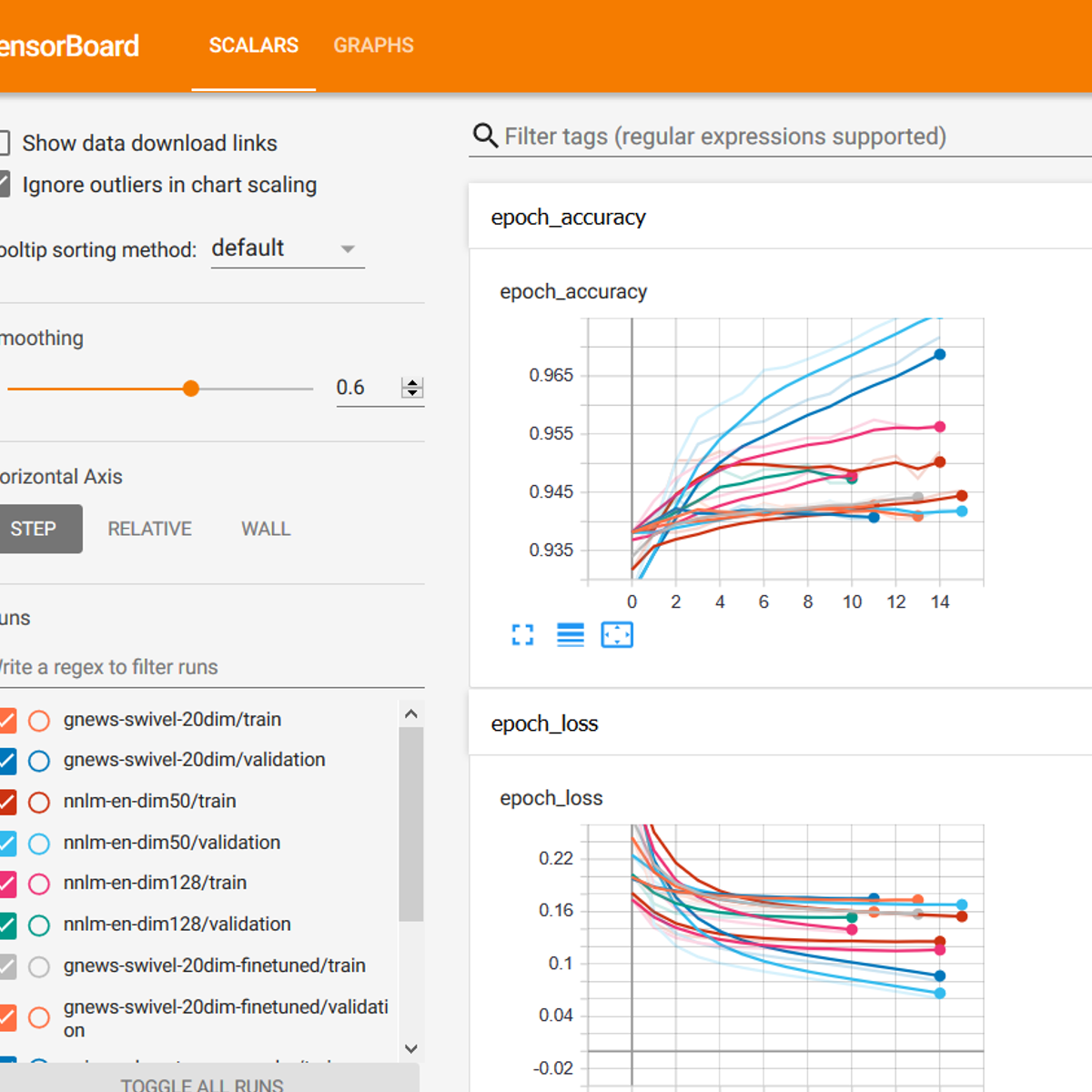



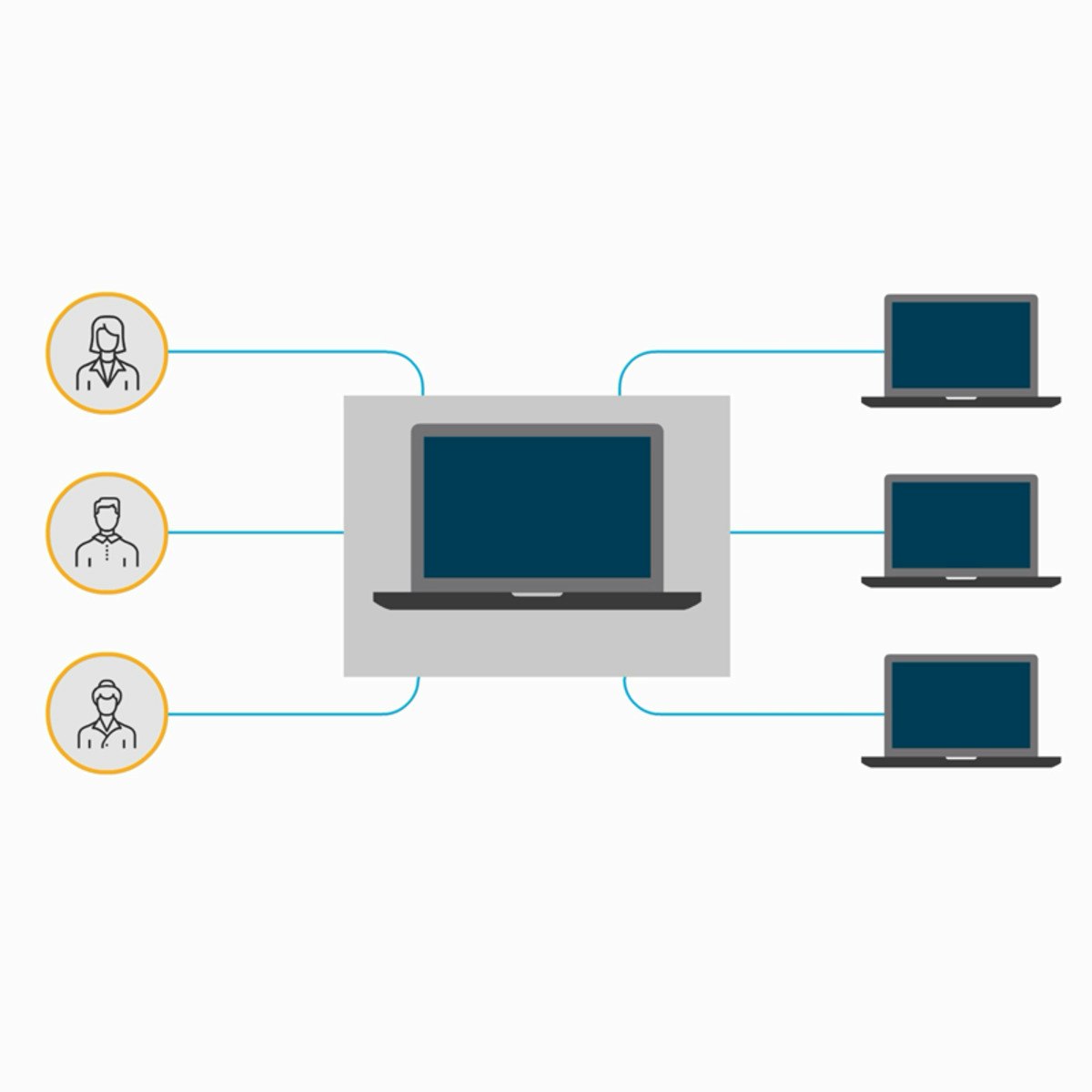
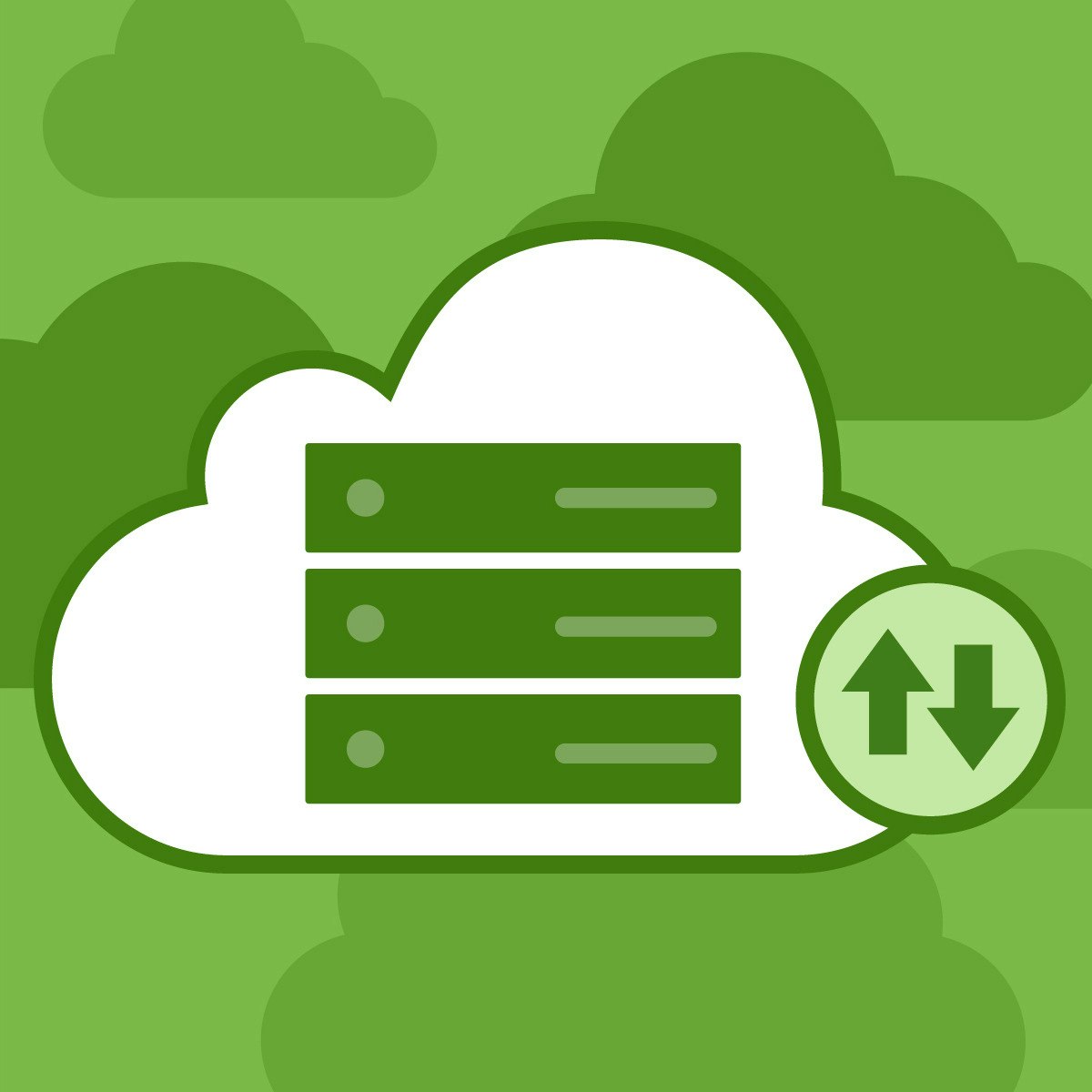
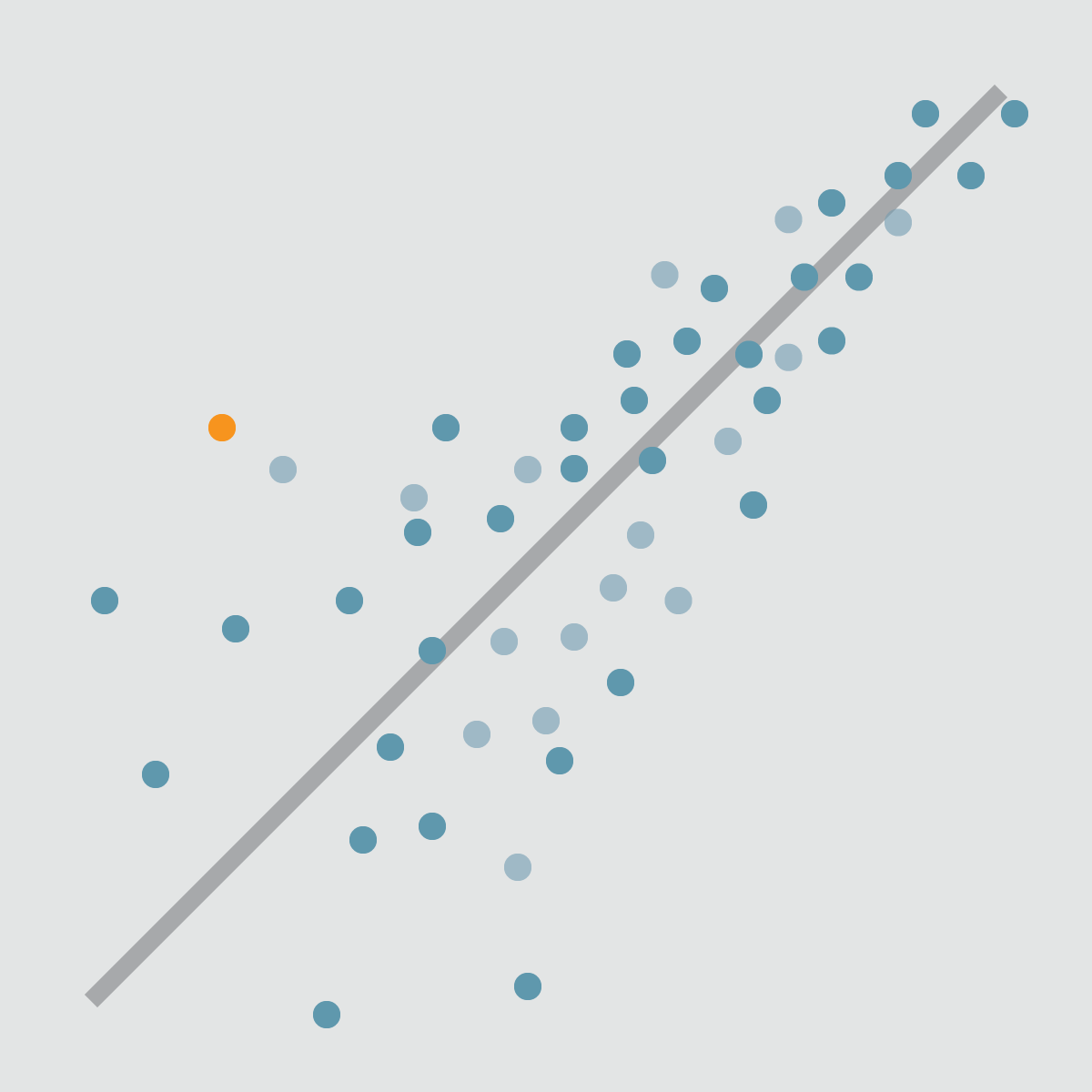
Data Analysis Courses - Page 9
Showing results 81-90 of 998

Citation Analysis for Bibliometric Study
In this 2 hour long project, you will learn to search and extract relevant research articles and their linked references efficiently from a journal database to conduct a bibliometric literature review. Then with these extracted data, you will learn to create a citation network. The visualization tool Gephi will be used in this project for citation network analysis. You will also learn, how to modify the network to present more information visually about the extracted citation data.
Note: This course works best for learners who are based in the North America region. We’re currently working on providing the same experience in other regions.

Applied Data Science for Data Analysts
In this course, you will develop your data science skills while solving real-world problems. You'll work through the data science process to and use unsupervised learning to explore data, engineer and select meaningful features, and solve complex supervised learning problems using tree-based models. You will also learn to apply hyperparameter tuning and cross-validation strategies to improve model performance.
NOTE: This is the third and final course in the Data Science with Databricks for Data Analysts Coursera specialization. To be successful in this course we highly recommend taking the first two courses in that specialization prior to taking this course. These courses are: Apache Spark for Data Analysts and Data Science Fundamentals for Data Analysts.

Politics and Ethics of Data Analytics in the Public Sector
Deepen your understanding of the power and politics of data in the public sector, including how values — in addition to data and evidence — are always part of public sector decision-making. In this course, you will explore common ethical challenges associated with data, data analytics, and randomized controlled trials in the public sector. You will also navigate and understand the ethical issues related to data systems and data analysis by understanding frameworks, codes of ethics, and professional guidelines. Using two technical case studies, you will understand common ethical issues, including participation bias in populations and how slicing analysis is used to identify bias in predictive machine learning models. This course also serves as a capstone experience for the Data Analytics in the Public Sector with R Specialization, where you will conduct an applied policy options analysis using authentic data from a real-world case study. In this capstone exercise, you will review data as part of policy options analysis, create a visualization of the results, and make a recommendation.
All coursework is completed in RStudio in Coursera without the need to install additional software.
This is the fourth and final course within the Data Analytics in the Public Sector with R Specialization. The series is ideal for current or early-career professionals working in the public sector looking to gain skills in analyzing public data effectively. It is also ideal for current data analytics professionals or students looking to enter the public sector.

Transfer Learning for NLP with TensorFlow Hub
This is a hands-on project on transfer learning for natural language processing with TensorFlow and TF Hub. By the time you complete this project, you will be able to use pre-trained NLP text embedding models from TensorFlow Hub, perform transfer learning to fine-tune models on real-world data, build and evaluate multiple models for text classification with TensorFlow, and visualize model performance metrics with Tensorboard.
Prerequisites:
In order to successfully complete this project, you should be competent in the Python programming language, be familiar with deep learning for Natural Language Processing (NLP), and have trained models with TensorFlow or and its Keras API.
Note: This course works best for learners who are based in the North America region. We’re currently working on providing the same experience in other regions.

Using Cloud Trace on Kubernetes Engine
This is a self-paced lab that takes place in the Google Cloud console. This lab deployings a Kubernetes Engine cluster, then a simple web application fronted by a load balancer is deployed to the cluster. The web app publishes messages provided by the user to a Cloud Pub/Sub topic. You will see the correlated telemetry data from HTTP requests to the app will be available in the Cloud Trace Console.

Applying Machine Learning to your Data with Google Cloud
In this course, we define what machine learning is and how it can benefit your business. You'll see a few demos of ML in action and learn key ML terms like instances, features, and labels. In the interactive labs, you will practice invoking the pretrained ML APIs available as well as build your own Machine Learning models using just SQL with BigQuery ML.

Data Privacy Fundamentals
This course is designed to introduce data privacy to a wide audience and help each participant see how data privacy has evolved as a compelling concern to public and private organizations as well as individuals. In this course, you will hear from legal and technical experts and practitioners who encounter data privacy issues daily. This course will review theories of data privacy as well as data privacy in the context of social media and artificial intelligence. It will also explore data privacy issues in journalism, surveillance, new technologies like facial recognition and biometrics. Completion of the course will enable the participant to be eligible for CPE credit.

RPA Lifecycle: Deployment and Maintenance
Robotic Process Automation (or RPA) implementation is conducted over multiple critical phases. In the Discovery phase, you identify the business processes beneficial for automation. In the Design phase, you create an RPA plan for automating them. In the Development and Testing phase, you execute the RPA plan and develop bots, testing them thoroughly during development.
Next, you need to deploy the bots and set them up for routine monitoring. These activities are performed next in the implementation lifecycle: in the Deployment and Maintenance phases.
You can deploy bots in various devices and also monitor their performance live via the Web Control Room. This is a web-based application, with comprehensive workload management, granular security controls, and an intuitive analytics dashboard. It is the one central interface from where you can create and manage users and roles, monitor connected and disconnected devices and schedule bot execution.
As you begin this course, you will be introduced to the user interface of the Web Control Room. You will explore various panels and components in its Features Panel. You will also study some of the best practices and troubleshooting procedures that you can apply while using the Web Control Room during RPA Deployment and Maintenance. The learning will be reinforced through concept description, hands-on tasks, and guided practice.
Managing Big Data with MySQL
This course is an introduction to how to use relational databases in business analysis. You will learn how relational databases work, and how to use entity-relationship diagrams to display the structure of the data held within them. This knowledge will help you understand how data needs to be collected in business contexts, and help you identify features you want to consider if you are involved in implementing new data collection efforts. You will also learn how to execute the most useful query and table aggregation statements for business analysts, and practice using them with real databases. No more waiting 48 hours for someone else in the company to provide data to you – you will be able to get the data by yourself!
By the end of this course, you will have a clear understanding of how relational databases work, and have a portfolio of queries you can show potential employers. Businesses are collecting increasing amounts of information with the hope that data will yield novel insights into how to improve businesses. Analysts that understand how to access this data – this means you! – will have a strong competitive advantage in this data-smitten business world.

Linear Regression and Modeling
This course introduces simple and multiple linear regression models. These models allow you to assess the relationship between variables in a data set and a continuous response variable. Is there a relationship between the physical attractiveness of a professor and their student evaluation scores? Can we predict the test score for a child based on certain characteristics of his or her mother? In this course, you will learn the fundamental theory behind linear regression and, through data examples, learn to fit, examine, and utilize regression models to examine relationships between multiple variables, using the free statistical software R and RStudio.
Popular Internships and Jobs by Categories
Find Jobs & Internships
Browse
© 2024 BoostGrad | All rights reserved